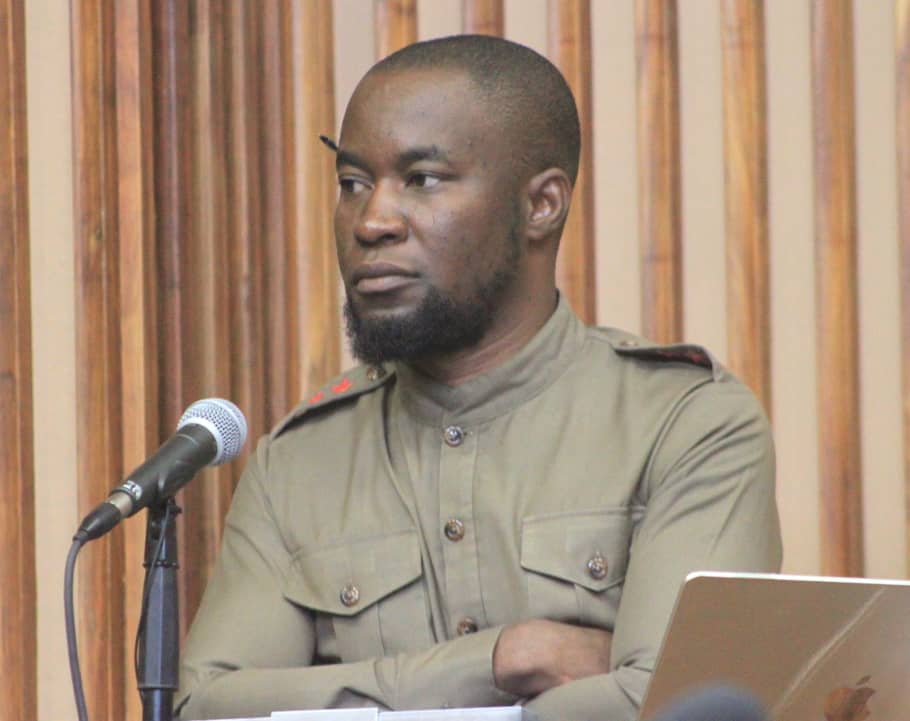Namibia’s veterinary cordon fence is a colonial instrument used by the government to divide the country’s people, Affirmative Repositioning leader Job Amupanda claims.
Amupanda said this in the Windhoek High Court on Thursday, during the second day of his testimony in the case in which he is trying to have the erection of the veterinary cordon fence (redline) declared unconstitutional.
The redline in its current form protects a minority of Namibia’s population at the expense of the majority, and it is his case that such a fence is discriminatory and unconstitutional, Amupanda told judge Shafimana Ueitele.
During some tense exchanges with senior counsel Raymond Heathcote, representing the Livestock and Livestock Products Board of Namibia (previously the Meat Board of Namibia), Amupanda said he went to court about the redline to vindicate rights.
“My case is about rights which cannot be postponed,” Amupanda said, after Heathcote told him the purpose of the current veterinary cordon fence is to control the spread of foot-and-mouth disease and other livestock diseases from northern Namibia to the part of the country south of the fence.
That gives the southern part of the country the status of being free of foot-and-mouth disease, which is a requirement for getting access to well-paying export markets for Namibian meat products in places like Europe, the United States of America and China.
Amupanda added that it is dangerous to impose the concept of “opportunity costs” – claims that the removal of the fence would end the Namibian meat industry’s access to export markets and cost thousands of jobs south of the redline – on the rights of people, and to postpone the enjoyment of rights by keeping the fence in place.
Heathcote also told Amupanda that the government’s position on the redline is based on scientific facts about animal diseases and their spread, adding that Amupanda’s position about the fence is “stuff the facts” and “stuff the science”.
“I’m operating at the level of principle,” Amupanda responded.
He also stated: “The rights cannot be postponed. The enjoyment of rights cannot be postponed.”
Amupanda is due to continue with his testimony on Friday.
Stay informed with The Namibian – your source for credible journalism. Get in-depth reporting and opinions for
only N$85 a month. Invest in journalism, invest in democracy –
Subscribe Now!










